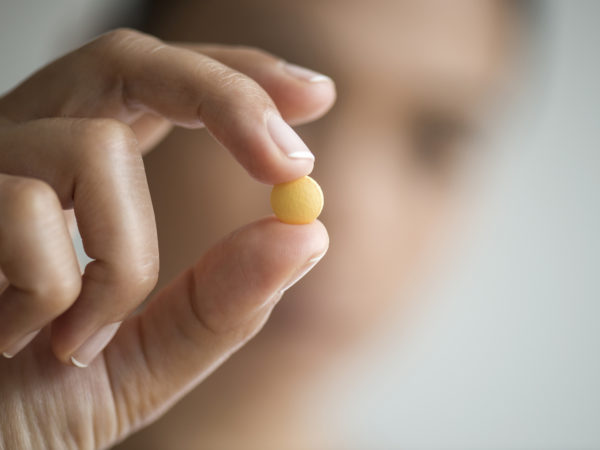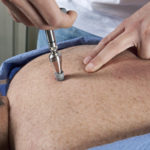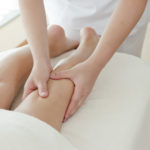Is The Placebo Effect Real?
What can you tell me about the placebo effect? Can it really heal? Is it ethical for physicians to pretend a drug is real when it’s just a sugar pill?”
Andrew Weil, M.D. | January 15, 2015

The strict definition of a placebo is an inert substance – often a sugar pill designed to look like a real drug – that doctors sometimes give to satisfy a patient’s desire for medicine when there’s no need for a genuine prescription. Here, doctors have three choices. They can give nothing, and run the risk of losing patients. Or they can give nonspecific medications to make patients feel better, the most effective being those affecting mood: including amphetamines and tranquilizers, which pose the risk of dependence.
The third option is a placebo. It may satisfy patients without causing any harm. Often, patients will report improvement or disappearance of their symptoms after taking the placebo. Sometimes, objective signs of disease diminish and, sometimes, complete cures occur. These results usually are erroneously called “placebo effects,” but they are actually the response of patients to the placebo and are better called “placebo responses.”
For many doctors, the use of placebos seems to involve deception and trickery. Many never use placebos, and those who do are often ambivalent about them, preferring not to discuss their use and certainly not their importance.
The only fully sanctioned use of placebos is as a standard of comparison in evaluating new drugs, especially in double blind trials, where neither patients nor doctors know who receives the real drugs and who takes the placebos until these studies end and results are in.
The strength of the placebo response can be of any magnitude. It can relieve severe postoperative pain, induce sleep or mental alertness, bring about dramatic remissions in both symptoms and objective signs of chronic disease, and initiate the rejection of warts and other abnormal growths. Placebos can also elicit all the undesirable side effects possible with real drugs including nausea, headaches, skin rashes, hives and more serious allergic reactions, organ damage and addiction. In addition, recent research has shown that the placebo response can occur even when patients are completely aware that they’re getting the equivalent of the sugar pill.
One common placebo treatment that often works quite well in sophisticated patients, including medical doctors, is the prescription of antibiotics for sore throats. Most ordinary sore throats are caused by viruses, not bacteria. Antibiotics work only against bacteria. Using antibiotics for viral sore throats is deplorable, costs money, carries some medical risks, and worst of all, decreases the future effectiveness of antibiotics by selecting resistant bacteria that spread throughout the population. Nevertheless, while condemning this practice, I must admit it sometimes works. I have collected many histories of patients with viral sore throats, who experienced rapid cures with 24 to 48 hours of starting antibiotic therapy, sometimes when the infections had persisted for days or weeks and refused to respond to other measures.
In a recent Journal of Pediatrics article about placebo responses in the treatment of migraine headaches in children, the authors note that compared to around a 35 percent response rate in adult migraine trials, the positive response can be upward of 50 percent in children. They also suggest that instead of focusing on eliminating placebo responses in clinical migraine trials, the focus should be redirected towards understanding the underlying mechanism responsible. This would potentially allow higher placebo response rates in children with migraine, maximize the response, and elicit it more often in treatment.
We still have a lot to learn about the placebo response in adults as well as children. Better understanding of how it works can only improve the way doctors treat patients of all ages.
Andrew Weil, M.D.
Sources:
Andrew Weil, “Health and Healing,” Houghton Mifflin Company, New York, Boston, 1998 p. 206-218
Vanda Farla, PhD et al, “Harnessing the Placebo Effect in Pediatric Migraine Clinic,” The Journal of Pediatrics, October 2014, doi: 10.1016/j.jpeds.2014.06.040. Epub 2014 Jul 22.










